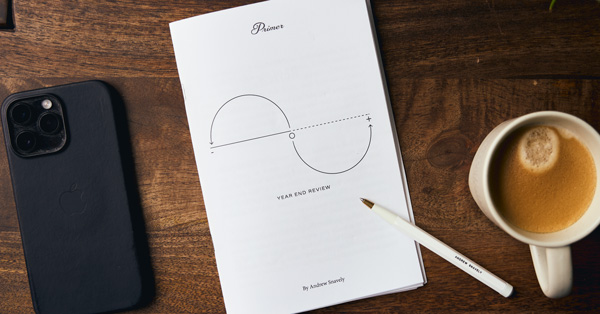When Ian Fleming sat down to write Casino Royale in 1952, he couldn't have had any idea the impact he would have. Since Fleming's stories, James Bond has developed into a cultural phenomenon. With six actors spanning twenty-three movies and counting, Bond is the second most lucrative film franchise in history and is the first thing most people think of when they think of Spy Fiction or spies in general. Despite some awkward periods here and there, Bond's blend of sophistication and pure badass has created an image that audiences can't seem to get enough of.
However, underneath the tuxedos, martinis, and Bond Girls, there's something there that's kept the franchise afloat for half a century. Whether by accident or by design, there are lessons to be learned from James Bond that you can use even if you're not on MI-6's payroll.
They always give points for style.
This has been used in Bond movies so much it borders on a cliché. No matter how often Bond gets tied-up, beat-up, and blown-up, he'll almost always be back to being unnaturally dressed to the nines in the time it takes to change scenes.
He alone is probably the reason almost any spy in fiction will inevitably end up in a tuxedo at some point or another. Bond has set the standard for well-dressed that all others have followed. Even at his most casual, he's still has a level of grooming that always makes him one of the best dressed men in the room.
There's a lesson to learn from this. Most men know about the rules of first impressions and how much appearance ties into that, and we do put in the effort in the obvious places. We're told to dress for the job you want when you have an interview and dressing for a date should be obvious. However, in the more day to day, when our guard is down, we revert back to old patterns. This is bad, since you never really know who you might encounter any time you walk out the door. Potential business contacts are everywhere, and it's really hard to strike up a decent round of flirting with your potential soulmate when you're wearing ratty sweatpants and a spaghetti-stained t-shirt.
This has it's limits, of course. You shouldn't break out your Sunday best every time you make a trip to the supermarket. Your appearance is pretty constantly judged, however, and you should always make at least a little effort to look relatively clean and well-groomed.
Don't be afraid of sophistication.
Somewhat related to his sense of style, the movies are always good at giving Bond an appropriate backdrop to show off his fancy threads. High-stakes poker games, luxury resorts, black-tie affairs and other soirees that only the obscenely rich ever get to experience are his personal playground. Bond himself is a descendant of Scottish nobility, graduated from Cambridge, and is able to successfully blend being both a complete badass and a man of taste and sophistication, an admirable trait that should be taken to heart.
Modern man is stuck in an ongoing battle with modern society on what modern masculinity entails. Any interest outside of the norm is looked upon critically. Take Chandler from Friends. Any time he showed interest in a hobby outside of beer, basketball, or Baywatch, he was ridiculed for it. On the other hand, a man like Bond has a great taste in wine, spends the evening at the opera, and can easily mingle with the beautiful elite anywhere in the world. Bond knows what he likes (see his Walther-Aston Martin-Vodka Martini combo that's firmly stuck since the beginning,) and doesn't give a damn whether you think his hobbies are for sissies or not.
Respect ALL your coworkers.
Despite Bond's reputation of going through girlfriends at a frankly alarming speed, he's also shown to be very respectful to his co-workers, all his co-workers. He relationships with M and Q are civil, if occasionally strained, and even M's secretary Moneypenny is treated respectfully (much to her frustration.) Moneypenny's lingering crush aside, Bond shows us something everybody should inherently know but some still need to learn.
It's been said that a person's true character is how they act when they think they're not being watched. It's easy to be nice and friendly to superiors, bosses and people who can actually do something for you. For many people, this tends to fall apart when acting to people they see as inferior. Secretaries, cashiers, waiters, the type of people it's easy to ignore often don't fare so well.
Alongside simply being the mark of a decent human being, a lot of high-powered types have developed “The Waiter Rule,” where they use a person's treatment of subordinates as a marker of their moral fiber. Take a lesson, be nice to everybody you meet.
Learn to move on.
A common theme of more recent movies is whether or not Bond is merely a relic of an older time. Something that's been addressed is Bond's general effectiveness. The world has changed drastically since his heyday, and people have wondered if his Cold War-era style of espionage even works. He's still hanging on, but he shows an important lesson.
We are living in a time of rapid change. Advancements in technology are causing entire career paths to completely evaporate, and we are beginning to realize anybody can have the rug pulled out from under them at any given time. The concept of “job security” is quickly disappearing, and those that aren't able to adapt to a changing landscape find themselves in trouble. While you shouldn't approach every job with one foot continually out the door, you should make sure to have a plan in place (resume updated, rainy day savings, etc.,) so that you can have a soft landing should the floor fall out from under you.
For over fifty years, James Bond has set the standard for spies in fiction. Something about him clearly speaks to people and keeps bringing them back time and time again. Whether there's been an intended lesson to teach or it simply happens in the middle of pure escapism, it doesn't discount the importance of the message. You might never get the change to be James Bond, but you can certainly learn from him.



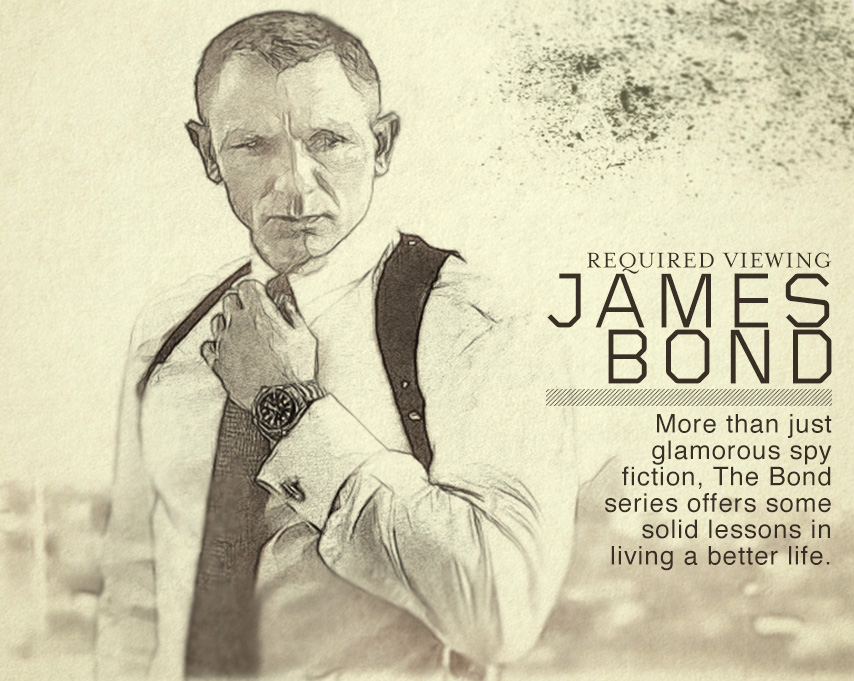
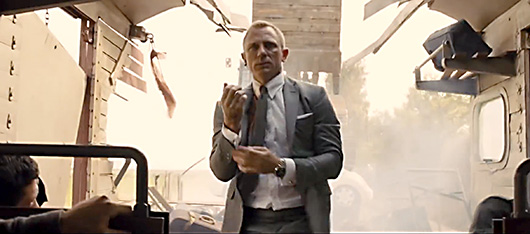

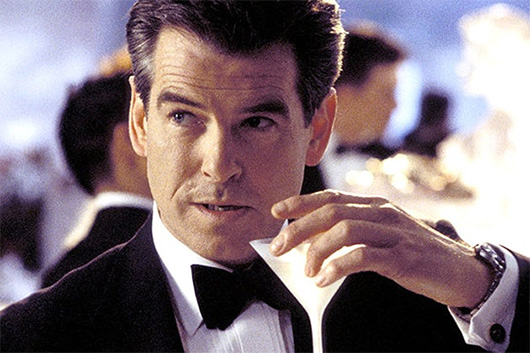
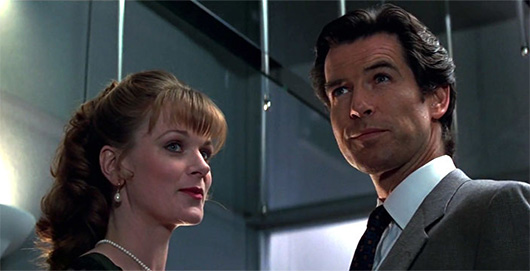




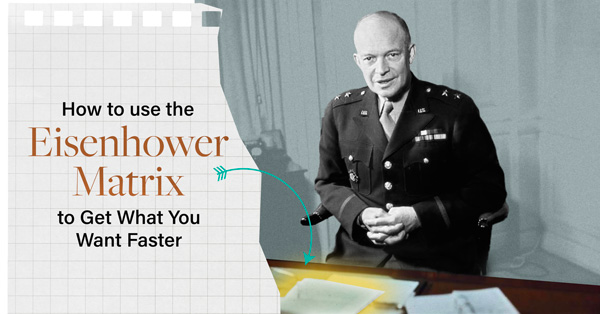
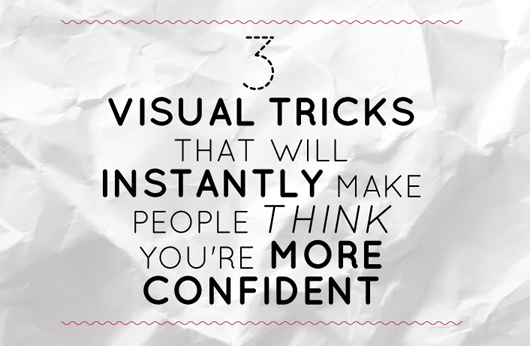
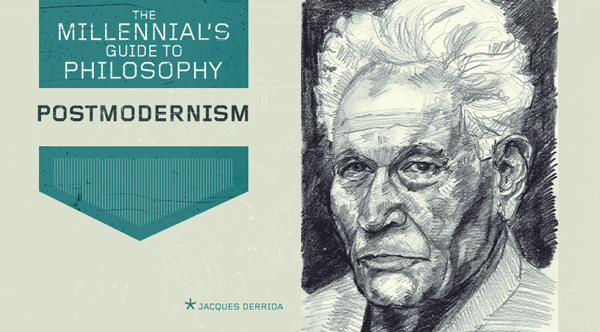

![It’s Time to Begin Again: 3 Uncomfortable Frameworks That Will Make Your New Year More Meaningful [Audio Essay + Article]](https://www.primermagazine.com/wp-content/uploads/2025/01/begin_again_feature.jpg)

